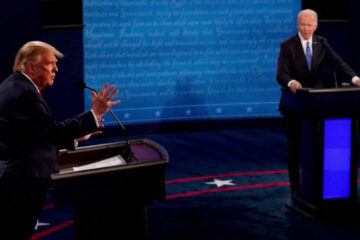By Isaac Cohen*
None of the three candidates remaining in the race for President of the United States supports free trade. However, there are profound differences among them.
Within the Democratic Party, major trade union organizations traditionally represent a powerful constituency against free trade agreements, although their opposition has not been sufficient thus far to derail the approval of those agreements ratified by the US Congress. By contrast, the Republican Party traditionally supported free trade, with the backing of the business sector through the powerful US Chamber of Commerce.
The statements by presidential candidates from both parties no longer fall within these traditional postures. For instance, Democratic candidate Hillary Clinton, when she was Secretary of State during the first four years of the Obama administration, supported the trade agreement known as the Trans-Pacific Partnership. In March, campaigning in Ohio, Senator Clinton declared she no longer supported the Trans-Pacific trade agreement. She was responding to a challenge from the left by Senator Bernie Sanders, the other candidate for the Democratic nomination, who brags he never supported such trade agreements.
On the Republican side, the presumptive nominee Donald Trump supports an even more radical opposition to free trade agreements. In fact he would eliminate them, because he proposes to slap tariffs against the imports from those countries with which the United States has a negative trade balance.
*International analyst and consultant. Commentator on economic and financial issues for CNN en Español TV and radio. Former Director, UNECLAC.



